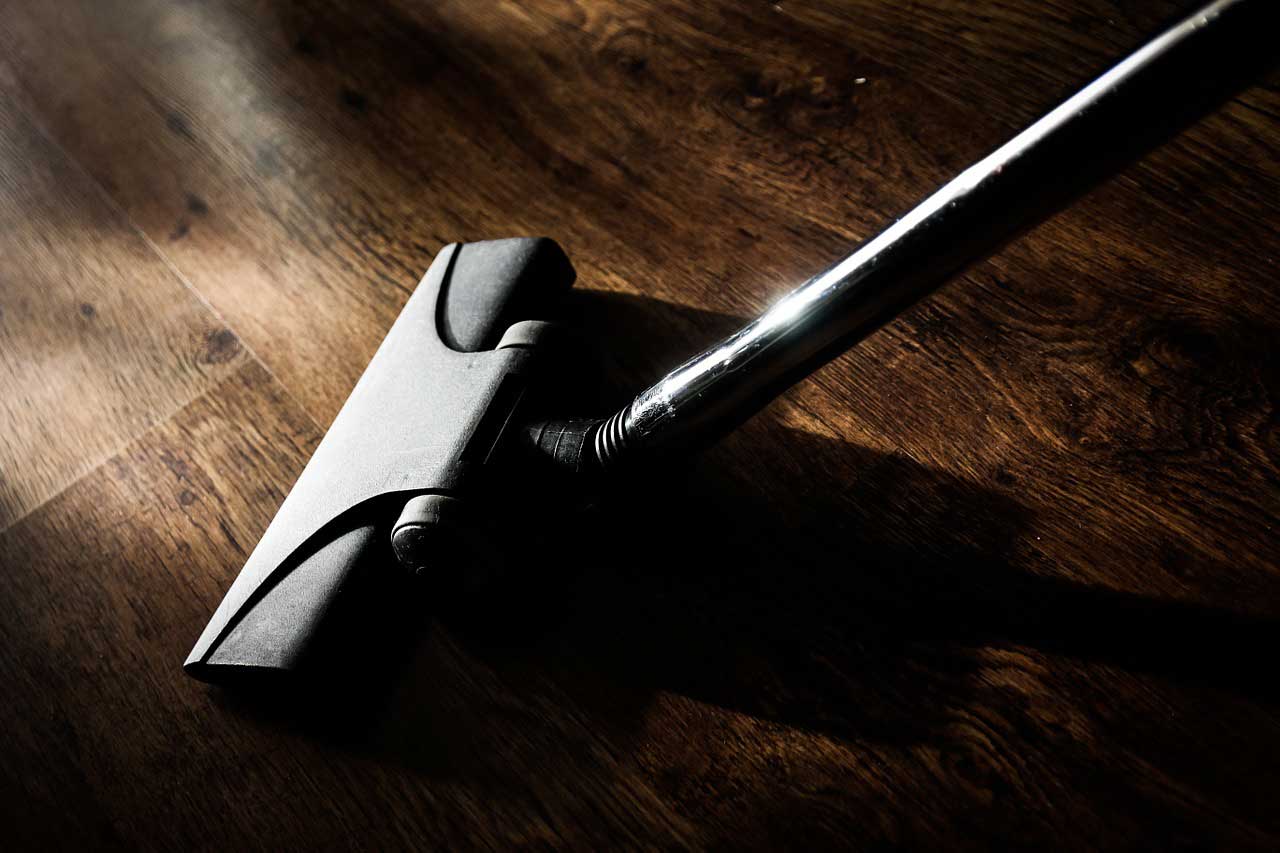 Every household employer is subject to federal law, state law, and local laws. In other words, where you live determines the law. You may have heard the term “domestic workers’ bill of rights” with regard to wage and labor regulations surrounding nannies and other household employees. But what exactly does that term mean and how did these laws come about?
Every household employer is subject to federal law, state law, and local laws. In other words, where you live determines the law. You may have heard the term “domestic workers’ bill of rights” with regard to wage and labor regulations surrounding nannies and other household employees. But what exactly does that term mean and how did these laws come about?
Employers—from household employers to large corporations—regularly fail to pay overtime or fail to pay for all hours worked. Termed “wage theft,” this practice amounts to an estimated $105 billion per year in stolen wages, according to the national report Home Economics: The Invisible & Unregulated World of a Domestic Worker. This report, issued by the National Domestic Workers Alliance, the Center for Urban Economic Development at the University of Illinois at Chicago, and DataCenter, found:
- $10/hour is the median hourly wage for the domestic workers surveyed;
- nearly a quarter (23 percent) of survey respondents are paid less than their state’s minimum wage;
- slightly more than half (56 percent) of the survey respondents worked more than 40 hours per week for their primary employer;
- many domestic workers are paid a flat rate that does not fluctuate based on hours worked;
- widespread substandard working conditions, which go unreported largely due to domestic workers’ isolation in the workplaces; and,
- domestic work, though conducted in private homes, contributes substantially to the public good. Household labor is a linchpin connecting the economics of the home and the workplace.
Based on these facts, states began to look at how better to protect this segment of their workforce, and domestic worker rights laws began with New York in 2010. The state took an unprecedented step and passed the New York State Domestic Workers’ Bill of Rights, the first law of its kind in the nation, granting new rights and protections to domestic workers. Domestic workers under this law are those who are housekeepers, nannies, and any other person who is employed in the home or residence for any domestic purpose. Those excluded from the law are those who work on a casual basis, such as part-time babysitters, those who provide companionship services, those who are employed by an agency, and those who are relatives of the employer. Furthermore, the law protects an employee from harassment by the employer based on gender, race, religion, or national origin.
Since then, more states have enacted labor laws to protect domestic workers’ rights including nannies, housekeepers, drivers, personal assistants, and more. Hawaii and California passed similar laws in 2013, followed by Massachusetts in 2014, Oregon and Connecticut in 2015, and Illinois in 2017.
Other states have been discussing the creation of similar laws, including Texas and Ohio. Legislatures and courts throughout the country are no longer turning a blind eye and are instead enforcing laws and regulations pertaining to household employment at an aggressive rate. Therefore it’s important for employers to know and understand the laws that impact them.
For more information on how GTM keeps clients informed and compliant with household employment laws, visit our Resource Center or contact us at (800) 929-9213.






 Get your free:
Get your free: